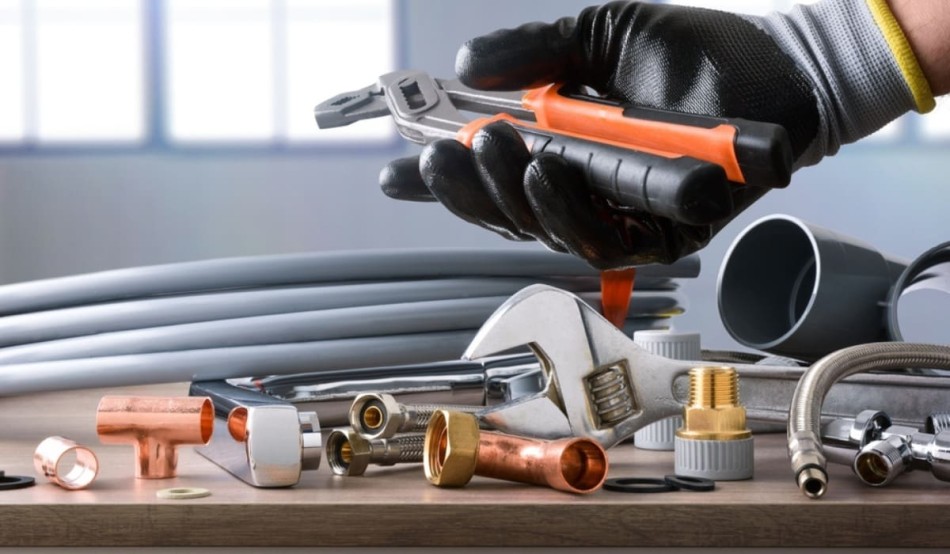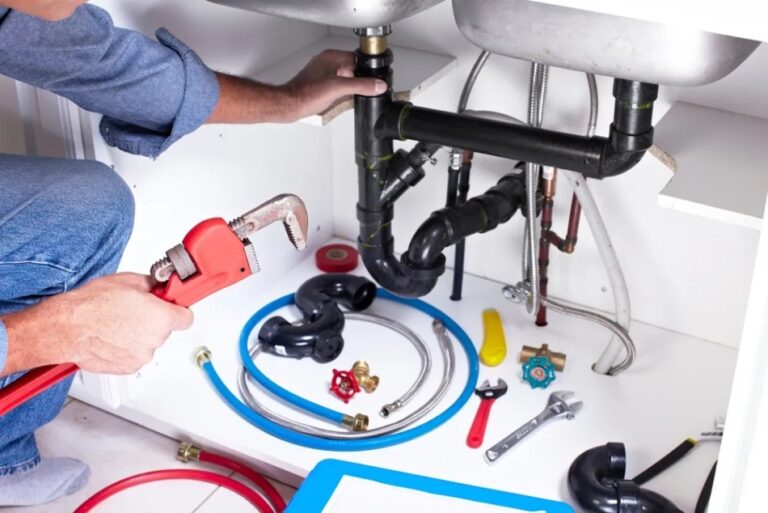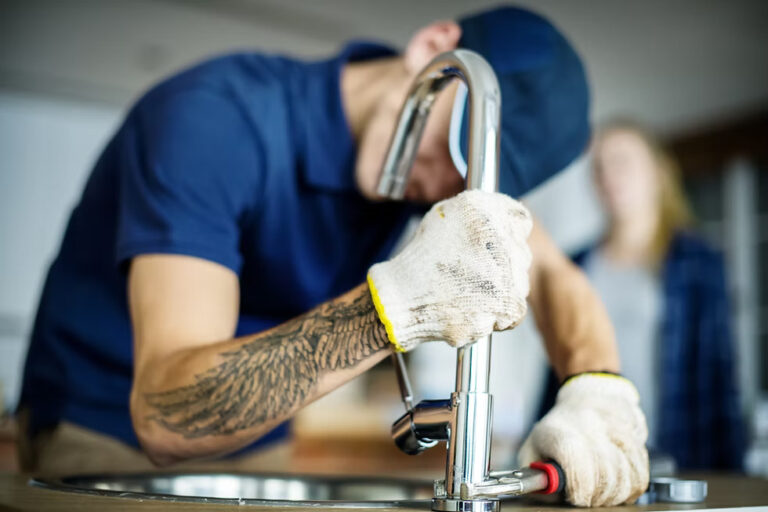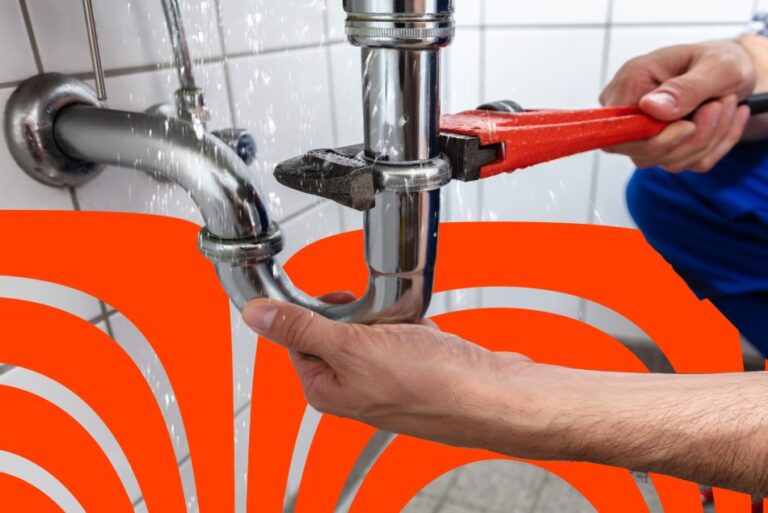Have you ever considered the importance of plumbing services in your workspace? The answer should be clear: they’re crucial. A malfunctioning faucet or a blocked drainage system can lead to significant issues. Beyond the financial implications, there are various concerns to keep in mind. Clogged drains and leaky faucets can result in unpleasant odors, mold growth, and disruptions to both sewage and drinking water. Building management often finds themselves addressing complaints from employees and tenants, especially during the rainy season.
Plumbing is generally categorized into two types: residential and commercial. A compromised plumbing system can negatively impact the integrity of a building. Fortunately, modern hydro systems are effective at removing moss and algae.
Here’s a quick overview of key aspects related to plumbing services:
- Leak detection
- Assessing water pressure and system efficiency
- Safe chemical usage
- Garbage disposal solutions
- Sewage system upkeep
- Repair and maintenance tasks
- Employing the right tools
- Outdoor plumbing considerations
- Guidelines for proper usage
- Regular maintenance and inspections
- Water softening and filtration
- Repairing gas plumbing, valves, and pipes
Guidelines for Proper Usage
Plumbing isn’t just about fixing leaks or cleared drains—there’s more to it. Professional plumbing services also focus on educating individuals on proper usage practices. For example, plumbers consistently advise against flushing grease down the sink. Items such as food waste, sanitary products, and other solid items should be disposed of in bins instead of being flushed. Even the toughest pipes can become clogged by oil, solid waste, and large food scraps. Therefore, it’s essential to share this knowledge with employees and tenants.
Proper installation of fixtures like urinals and routine checks for loose plumbing can prevent major mishaps down the line.
Best Practices to Follow
Adhering to proper plumbing methods is fundamental. A skilled plumber will inspect potential leaks and the condition of sink valves, as failing to close these at the end of the day can lead to burst pipes. It’s important for someone from the building management to know the location of the main water supply and understand how to turn it on or off in emergencies. During maintenance visits, plumbers should instruct caretakers or managers on these crucial tasks.
Additionally, caretakers sometimes resort to using harsh chemicals to address blockages. However, professionals from reputable companies caution against this practice. While these chemicals might provide a quick fix, they can also deteriorate pipes over time, shortening the lifespan of sewage lines and plumbing systems significantly. It’s crucial to be aware of when to opt for replacement or renovation. Not every issue in the drainage or plumbing system necessitates a full repair; sometimes, a complete overhaul is essential. Additionally, in many instances, choosing to renovate rather than simply repair can be counterproductive. A skilled professional will be able to determine the most appropriate solution for each unique situation.




